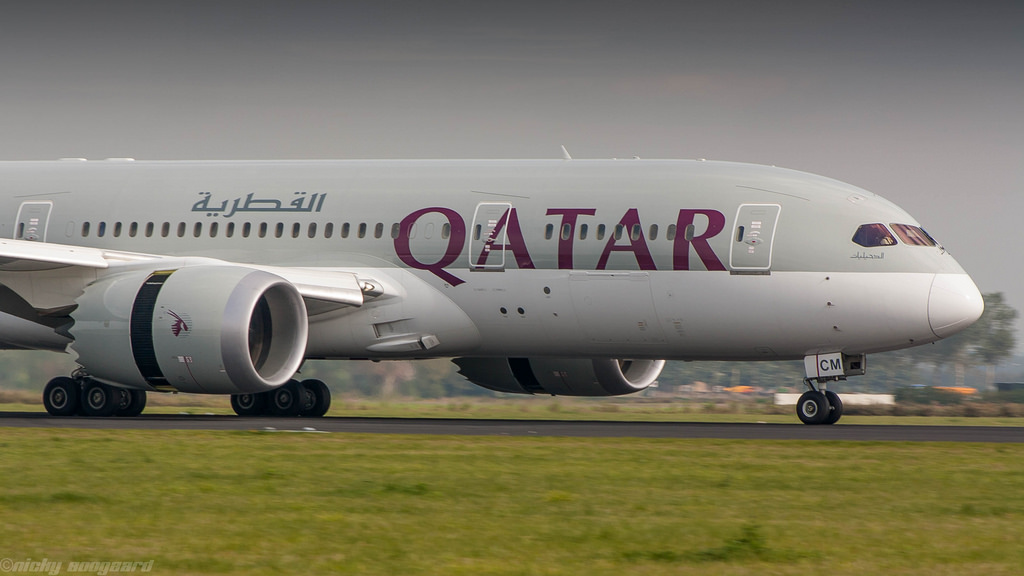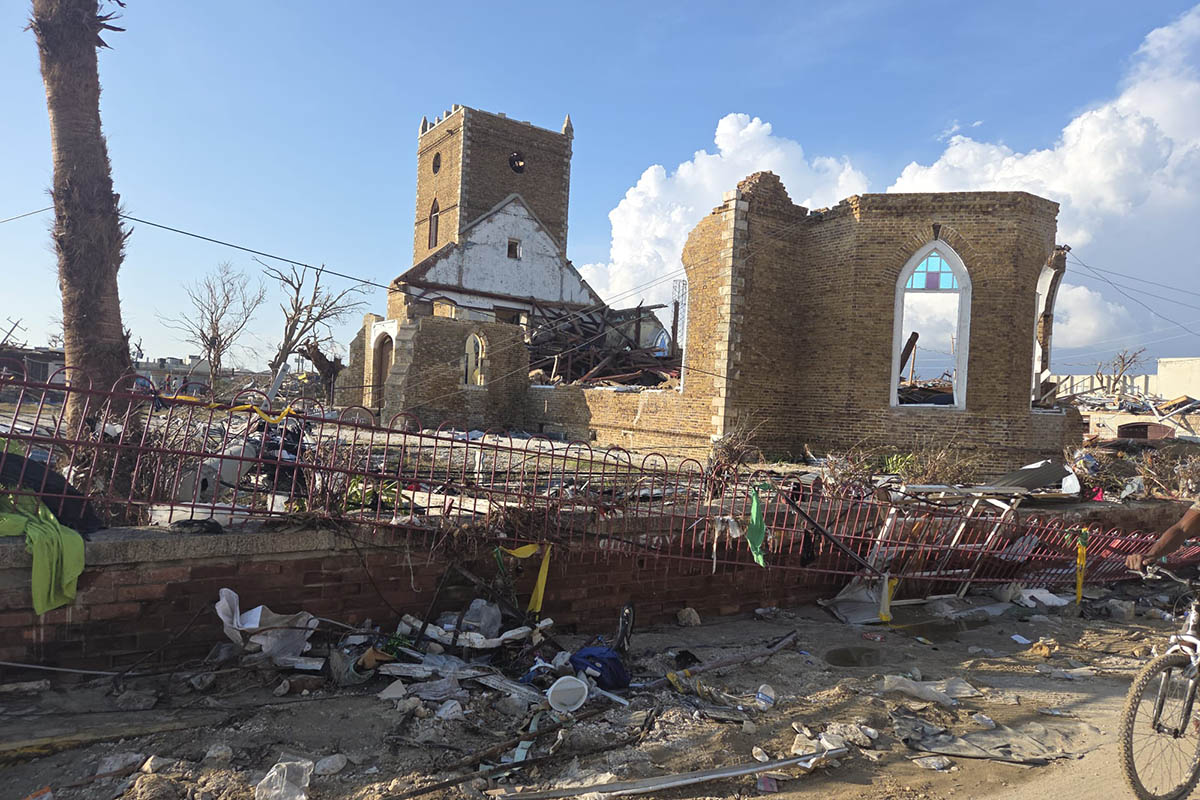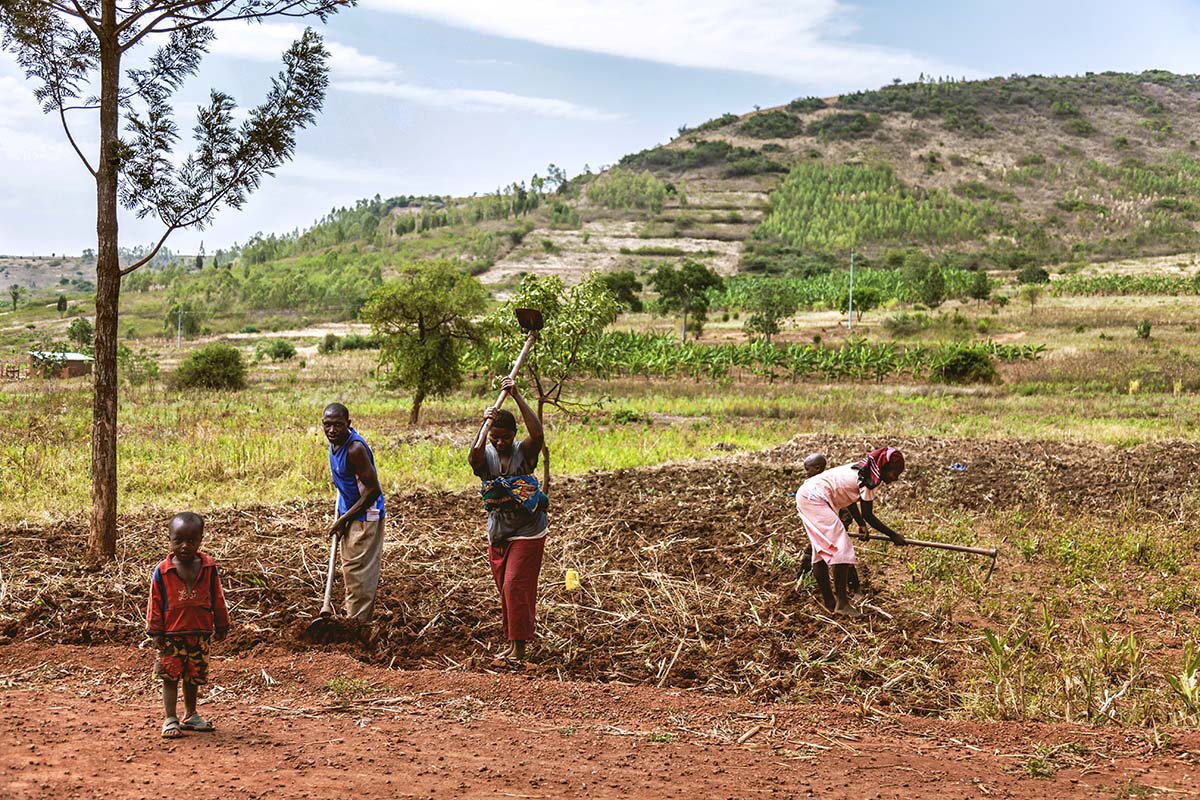“Boycott of Qatar is hurting its enforcers”
January 2 A boycott and diplomatic freeze is adding to complications in the Middle East, writes Swapnil Mishra, 21, a Commonwealth Correspondent from India, currently studying in the United States. He predicts the impact will be far-reaching.
A boycott and diplomatic freeze is adding to complications in the Middle East, writes Swapnil Mishra, 21, a Commonwealth Correspondent from India, currently studying in the United States. He predicts the impact will be far-reaching.
In June 2017, Bahrain, the United Arab Emirates, Saudi Arabia, and Egypt decided to cut diplomatic ties and shut their borders with Qatar owing to growing suspicion of Qatar funding and supporting Islamic extremist groups, including the Muslim Brotherhood.
The four nations also want Qatar to shut down the news outlet Al Jazeera, the Arab world’s most popular news broadcaster, sponsored by Qatar. This row between Arab nations has become personal, as Qatari officials anticipate that it won’t resolve anytime soon and may go on for some years.
The repercussion of this boycott on Qatar has been that there has been a downfall by more than 70 per cent in the number of tourists since June of 2017. Only 50 per cent of hotels were occupied this summer. The blockade has also weakened the Gulf Co-operation Council (GCC), which includes Saudi Arabia, Qatar, and the United Arab Emirates. This development has hindered the free movement of goods and people across borders. Furthermore, one of the biggest airlines in the world, Qatar Airways, is no longer allowed to use Saudi, Egyptian, Bahraini, and Emirati airspace.
However, this blockade is also hurting its enforcers across the Arab world. Dubai in the United Arab Emirates, in particular, has been hit hard, as local partners of Qatari firms are facing tough times. Ironically, GCC’s biggest competitor in the region, Iran, has benefited from the boycott, as Iranian exports to Qatar increased by 60 per cent this past summer.
The economic incentive behind Iran’s emerging trade relationship with Qatar can be encapsulated in the saying that “a friend of my enemy is my enemy too”. This saying is apt for the Qatar- GCC – Iran trilateral story. Iran does not have diplomatic ties with GCC countries because of differences in the Shia (Iran) – Sunni (GCC) Islamic religious ideology. However, Iran is an ally to Qatar and has agreements related to oil exploration, as both countries jointly operate the world’s largest gas field.
Additionally, Qatar has been in denial about allegations made by the GCC that it is financing terrorist organizations. It has since signed an agreement with the United States to combat terror financing. It has demanded Saudi Arabia and its allies to present evidence supporting their claims.
As Qatar is a net food importing country, it is heavily reliant on its neighbouring countries for its food imports. Now that the border has been shut, food prices in Qatar could skyrocket as soon as it runs out of food reserves. Additionally, as Qatar Airways is barred from using the GCC airspace, flights to places like Africa and North America would have to take a huge detour. This means more fuel costs, more time in the air, and even higher ticket costs. Moreover, any kind of instability in the Middle East tends to increase oil prices the world over. It has been over four months since the crisis began, yet there seems to be no end in sight for the time being.
photo credit: Nicky Boogaard Qatar 787-8 just landed on runway 18R via photopin (license)
…………………………………………………………………………………………………………………
About me: My name is Swapnil Mishra and I am an undergraduate student pursuing a major in Economics with minors in Business (Environmental Management) & International Relations at Knox College, Illinois, U.S.
My ambition is to work in the field of International Development and my interests are cricket and travelling.
…………………………………………………………………………………………………………………
Opinions expressed in this article are those of the author and do not necessarily represent the views of the Commonwealth Youth Programme. Articles are published in a spirit of dialogue, respect and understanding. If you disagree, why not submit a response?
To learn more about becoming a Commonwealth Correspondent please visit: http://www.yourcommonwealth.org/submit-articles/
…………………………………………………………………………………………………………………




